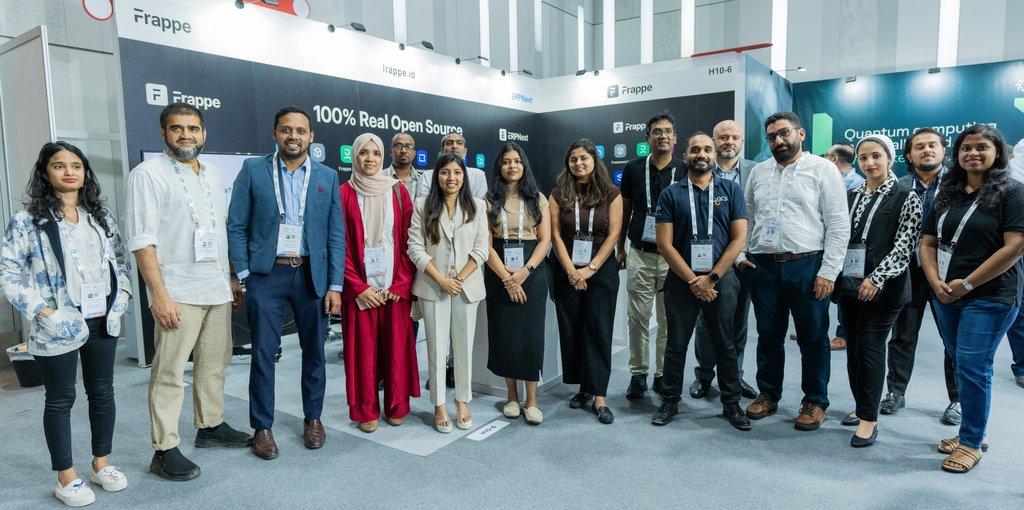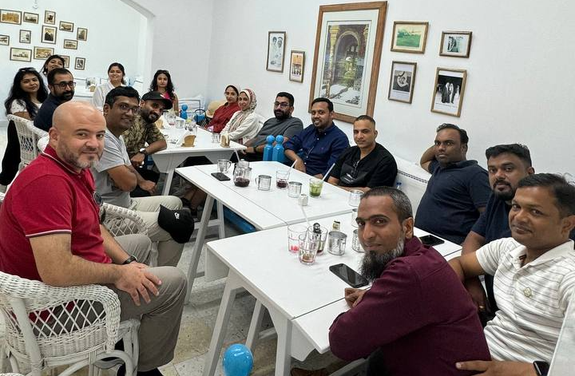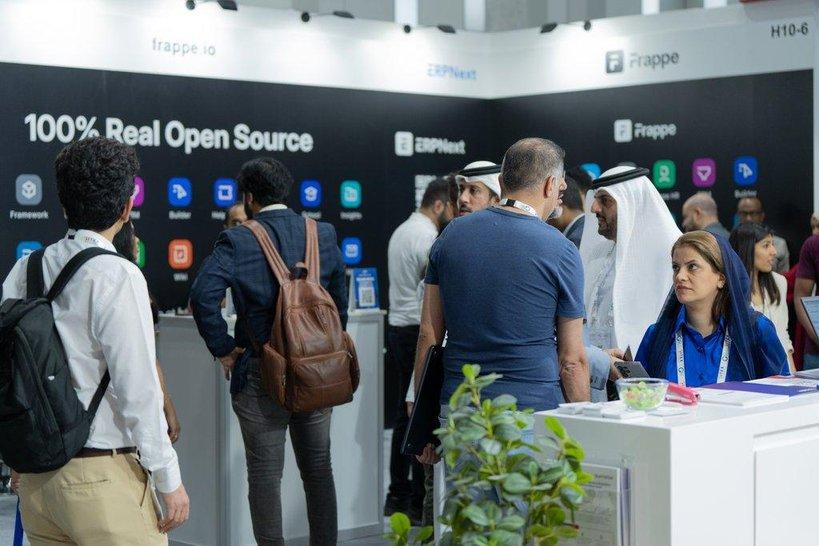The Growing Influence of Open Source
In the ever-changing world of business tech, there's been a noticeable shift towards open-source solutions.

In the ever-changing world of business tech, there's been a noticeable shift towards open-source solutions. At Quark Cyber Systems, we've been right in the middle of it. Watching it unfold over the last decade has been a fascinating journey. It’s taught us a lot about sticking to our vision and ideals.
When we started Quark Cyber Systems back in 2013, our idea was simple: offer quality, open-source business software. We believed that if businesses had the choice, they’d naturally lean toward open-source options that offered flexibility, transparency, and significant cost savings. After a few early years of exploration, ERPNext & Frappe Framework became our cornerstone, a tool that perfectly aligned with our mission.
But like any meaningful journey, the path isnt going to be easy. Even with the clear benefits, we encountered obstacles:
- Limited Understanding: Many decision-makers didn’t fully grasp what open source meant or how it could transform their organizations.
- Resistance to Change: Existing skill sets within companies often didn’t align with open-source technologies, leading to hesitation about adopting something new.
- Established Relationships: We met companies that had long-standing partnerships with proprietary software vendors, making it difficult for them to even consider alternatives.
- Complex Decision-Making Processes: ERP implementation decisions often go beyond just technical specifications—factors like company culture, risk tolerance, and legacy systems all come into play.
Through it all, we stuck with our vision. There were certainly moments of doubt, but I believed—and still believe—that we are onto something important.
A Look Back: The Open-Closed-Open Shift
The software world has come full circle. In the early days, software was all about collaboration and sharing. Back then, code was exchanged like ideas at a café—freely and openly. But then things changed. Companies like Microsoft came along, selling software as standalone products with licensing models, and it caught on. Suddenly, software wasn’t something you shared; it was something you sold.
But fast forward to today, and it feels like we’re swinging back. Open source, once a niche choice, is now mainstream. Even Microsoft has gotten on board, contributing to open-source projects and acquiring GitHub. It’s a complete turnaround, and one that aligns with what we’ve believed all along: transparency, adaptability, and community-driven development matter.

From Frappe Majlis to Gitex
During Frappe Majlis—a spontaneous one, of local Frappe partners, we sat around discussing our biggest challenges, like how to drive more business, create more volume, and how to stay profitable in the open source space were key topics of discussion. There was some good arabic food also that went down with this discussion. We concluded the good days are yet to come, we just had to wait for the tilt, be equipped and prepared to capitalize when it occurs. This conclusion was a satisfactory one and we dispersed to prep for Gitex which was to start the following day.
This was our first Gitex and to participate with Frappe was most exciting. Throughout the 5 days of Gitex, the Frappe stall was buzzing with energy. Even though we were tucked away from the center hall, there was never a quiet moment. Many days, people stayed well past the closing hours, eager to keep the conversation going. It was incredible to see how charged and excited everyone was.

The heart of it all was a relatively frugal stall that proudly displayed “100% Real Open Source.” It wasn’t flashy, but it spoke to something deeper—a commitment to the principles of open source that resonated with so many people. There were people from all around the world who stopped to investigate the stall. "Is this real?" many asked. As they found out it was all their frustrations poured out about being vendor locked and not being able to adapt to their ever changing business needs. As they explored more and learned about the many successful adoptions happening all around the world, the vibe changed, it wasn’t “Can this work?” but “How fast can we make this happen?” . There was also another block of people who were looking to reduce their dependency on software tied to specific geopolitical blocs. One conversation that really hit home was with a representative from a cement manufacturing company. They told us, “We are just one sanction away from losing all our data.” That hit hard. It was a clear reminder of how vulnerable companies are when they rely on proprietary systems tied to specific geopolitical regions. That’s when you realize how much control and independence open-source can give businesses, and why it’s more than just a tech decision—it’s a strategic one. The icing on the cake was when people from the government sectors stopped by to learn more, and we found ourselves in conversations that would have been unthinkable just a few years earlier.
Thoughts Post Gitex
There is a clear growth in interest, there is a clear growth in adoption atleast in the Frappe Ecosystem. My experience at Gitex convinced me we are at the tilt already, the Global Order seems to be changing and so is the landscape of Business Software. At Quark Cyber Systems, we’re excited about this future. With ERPNext, Frappe and the Frappe community, we’ve found a way to help businesses navigate this new landscape. It’s powerful, it’s adaptable, and it’s built for whatever comes next. Open source is at the heart of this change, and we’re ready to see where it leads.
Vivek Digambernath
Harmonizing the past, present, and future through music, technology, and travel.

No comments yet. Login to start a new discussion Start a new discussion